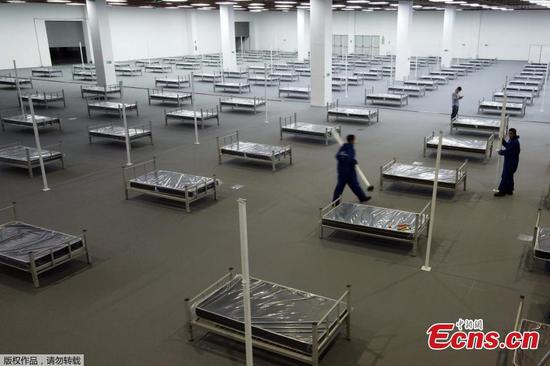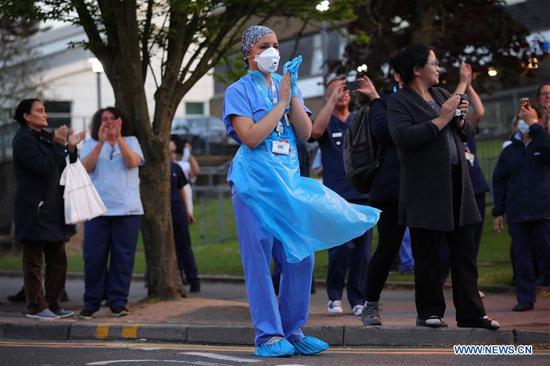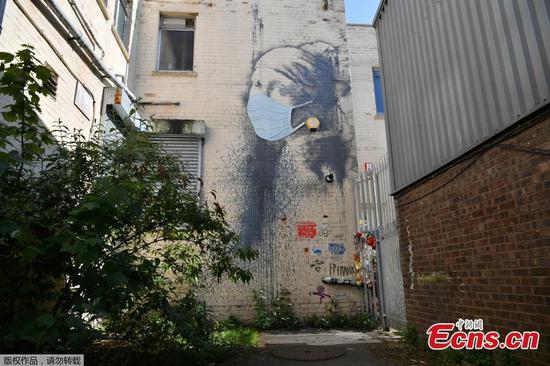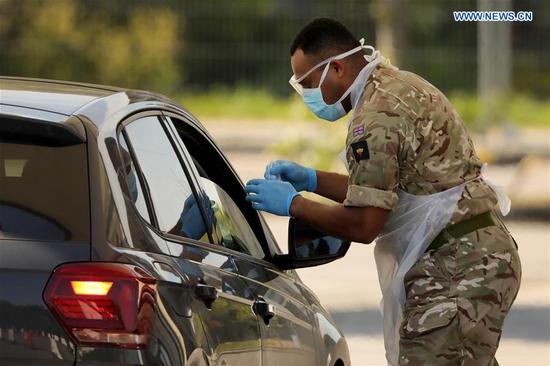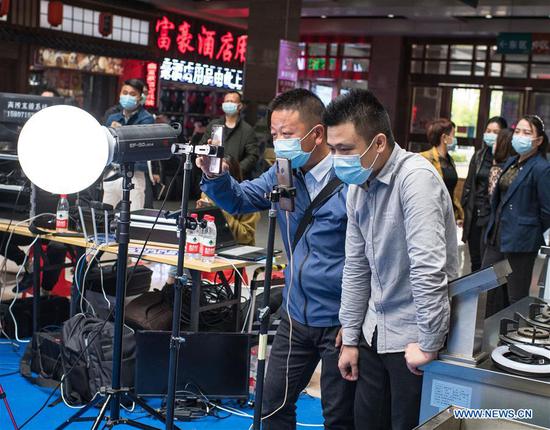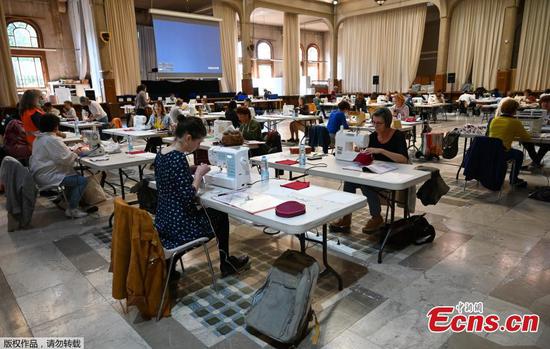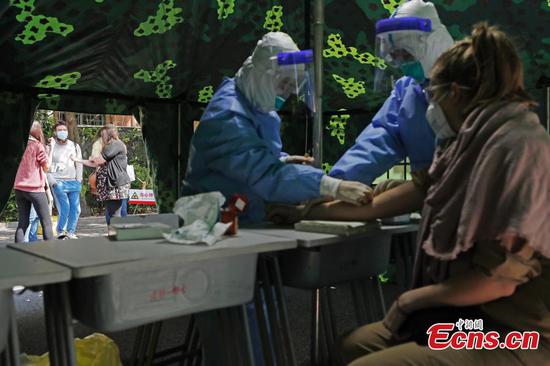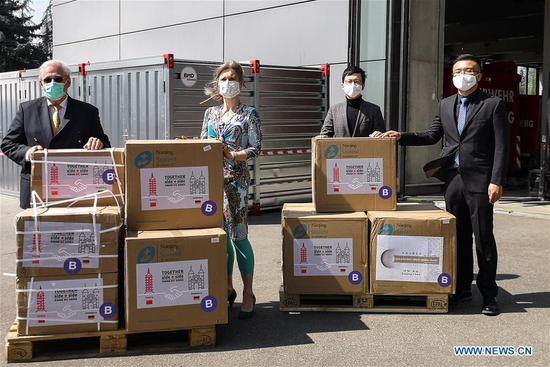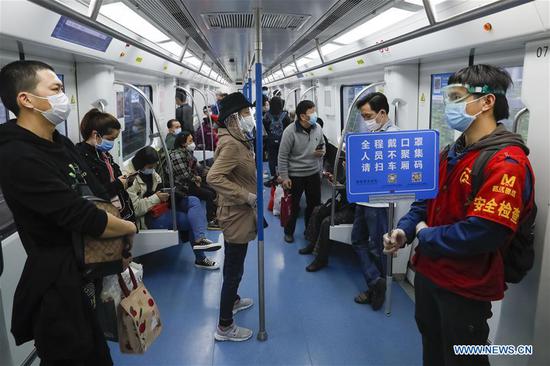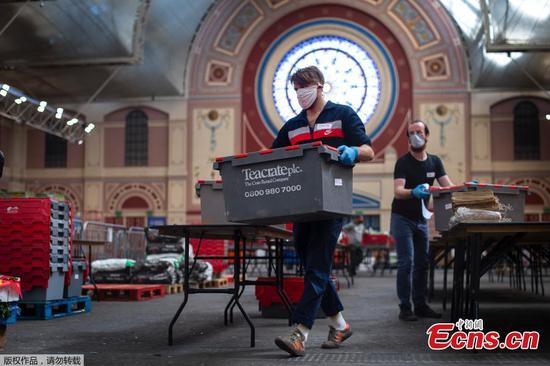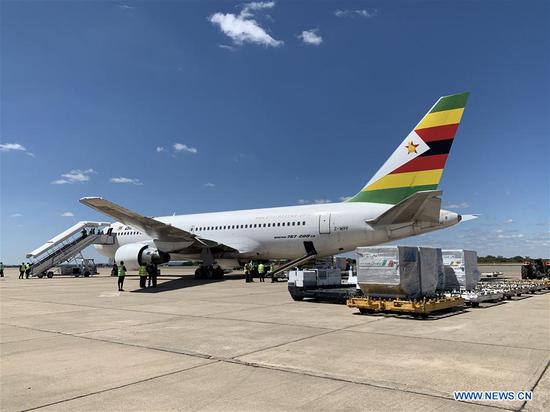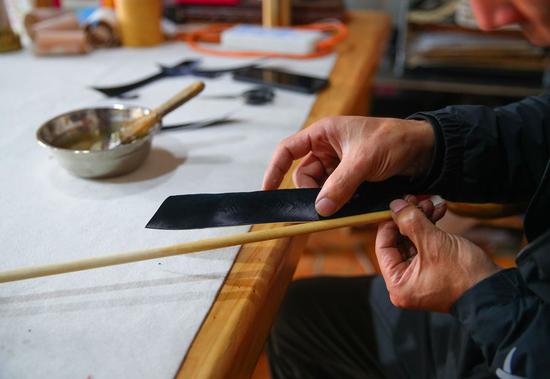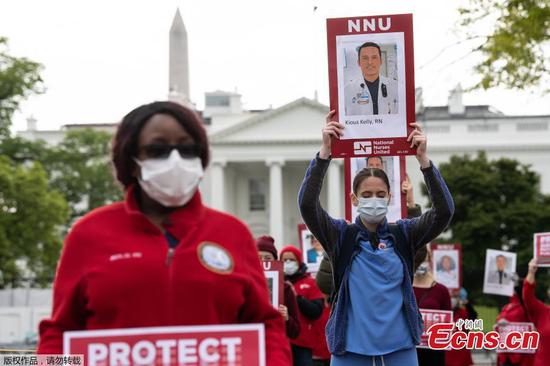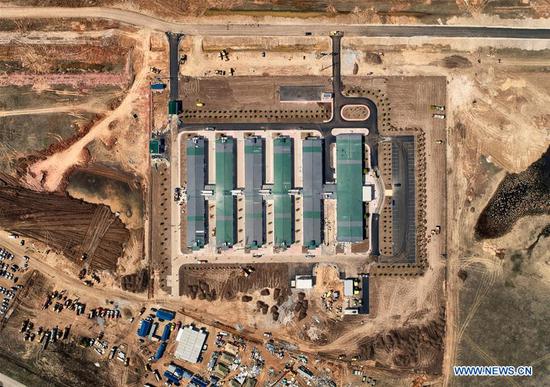The United States House of Representatives approved a new $484 billion economic stimulus bill that will provide more money for hospitals and small businesses as job losses surge due to the COVID-19 pandemic and companies call for more support.
With some lawmakers wearing face masks and some wearing gloves, members of the House returned to Capitol Hill on Thursday and gave an overwhelming 388-5 approval to the relief bill that was already passed by the Senate.
US President Donald Trump said that he was "grateful" for the bill's approval. He said he would sign the measure on Friday.
The package will provide more than $310 billion in additional funding for the Paycheck Protection Program to boost small business lending, as well as $75 billion for hospitals and $25 billion for virus testing.
The PPP, designed to provide loans to small businesses to keep their workers on the payroll during the COVID-19 outbreak, ran out of money last week. In a previously approved $2.2 trillion relief package, $349 billion had been allocated for the PPP.
The new relief package comes as the novel coronavirus outbreak continues to sweep the nation and devastate the economy. About 4.4 million workers filed claims for unemployment benefits for the week ended April 18, the US Labor Department reported on Thursday, with small businesses struggling to retain their employees.
About 26 million people-equivalent to about one in five full-time workers in the US-have filed jobless claims since mid-March, when the pandemic led states to issue stay-at-home orders to limit the spread of the disease and much of the economy shut down.
The novel coronavirus had killed some 50,000 people in the US and infected over 869,000, according to a late Thursday tally by Johns Hopkins University.
Globally, the COVID-19 pandemic had killed nearly 182,000 people while infecting more than 2.6 million as of Friday, according to the World Health Organization.
As the US House approved the $484 billion relief bill, the next funding battle in Congress will be for state governments hard hit by the pandemic. Senate Majority Leader Mitch McConnell, a Republican from Kentucky, said states could "use the bankruptcy route" rather than receiving money from the federal government-a suggestion denounced by the governors of New York and New Jersey, two states pounded by COVID-19.
Current law prohibits states from filing for bankruptcy, although cities and other local governments can use Chapter 9 bankruptcy to restructure debt if allowed by their states.
US Treasury Secretary Steven Mnuchin said he is aware of concerns about the spiraling federal debt from pandemic-related funding bills passed by Congress, but he said interest rates are low and the need to boost the economy during the shutdown calls for quick action.
Also on Thursday, US Vice-President Mike Pence said that much of the coronavirus pandemic hitting the United States could be "behind us" by late next month, and that 16 states have formal plans to reopen their state economies.
From Tennessee and Texas to Ohio and Montana, a handful of governors around the country have announced plans to swiftly allow a return to business in some workplaces that had been ordered closed in an attempt to curb the spread of the coronavirus.
The US state of Georgia allowed businesses like gyms, hair salons, bowling alleys and tattoo and massage parlors to resume business on Friday, followed by movie theaters and restaurants next week.
Those plans have drawn fire from public health experts and other governors who warn that a premature easing of stay-at-home orders and business closures-imposed over the past five weeks could trigger a renewed surge in coronavirus cases.
Meanwhile, in nursing homes and long-term care facilities across the US, there have been more than 10,000 coronavirus-related deaths, making them a hotbed for infections and prompting several states to take action to prevent more fatalities.
"This happens to be a virus that attacks elderly people, and nursing homes are the place of the elderly people, so this is a very intense situation for nursing homes," said New York Governor Andrew Cuomo at his daily press briefing on Thursday.
COVID-19 has ravaged at least 4,800 long-term care facilities nationwide, infecting 56,000 residents and staff, according to The Wall Street Journal.
Chen Yingqunin Beijing, Xinhua and other agencies contributed to this story.









